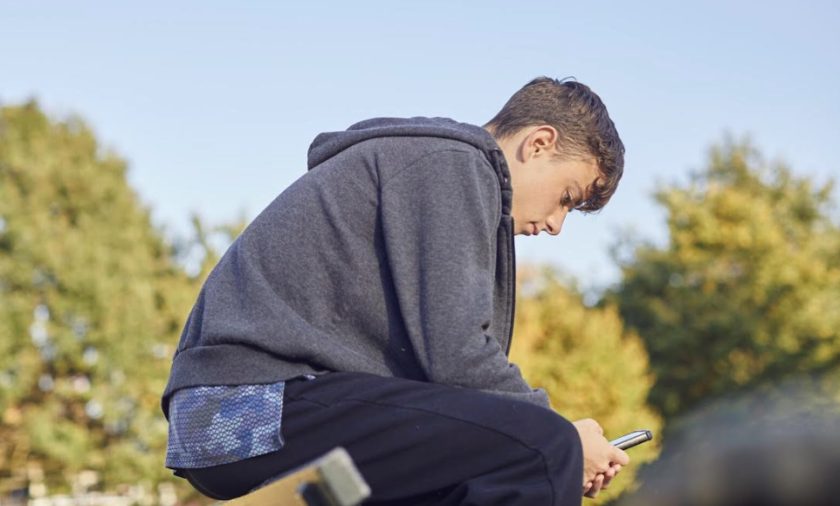Surge in child online grooming in Wales amid calls for stronger safety laws

Nearly 2,000 instances of online grooming crimes against children have been recorded in Wales over a six-year span, a quarter of those have been in north Wales.
This staggering number comes to light at a critical juncture when the nation is engaged in discussions surrounding online safety laws.
Data from Dyfed Powys Police, Gwent Police, South Wales Police and North Wales Police shows 1,753 Sexual Communication with a Child offences were recorded since 2017/18 when the offence came into force, 572 of these were recorded by police in North Wales.
Yet, this issue is not isolated to Wales. Across the UK, police records have identified over 34,000 such offences in the same time frame. Alarmingly, a quarter of these offences involve primary school children, painting a grim picture of the threats our youngest members face online.
Ahead of a crucial decision on the Online Safety Bill next month, this analysis underscores the urgent necessity of effective legislation. NSPCC’s efforts for robust online regulation began in 2017. They have since emphasised that the actual number of victims is likely much higher than current police records suggest.
The UK-wide figures also reveal:
- The stark reality of sexual violence faced by girls on social media, with four in five (83%) of grooming cases over the six years taking place against girls, where the gender was known.
- Snapchat was used in more than a quarter (26%) of total instances over the six years, while Meta-owned products were used in almost half (47%), where the means of communication was known.
- 150 different apps, games and websites were used to target children according to the police data analysed since 2017/18.
NSPCC Chief Executive, Sir Peter Wanless, remarked on the situation, stating, “Today’s research underscores the massive scale of child abuse happening on social media. The number of offences is a stark reminder of why the Online Safety Bill is crucial. We need robust protections for our children.”
Although a draft for the Online Safety Bill was introduced two years ago, it’s been four years since the government first pledged regulations in response to NSPCC’s campaign.
This Bill seeks to impose a legal responsibility on tech companies, ensuring child safety.
Notably, this would empower the regulator, Ofcom, to intervene in private messaging platforms and require businesses to introduce safeguards against encrypted threats.
NSPCC’s campaign has already influenced key aspects of the Bill, such as holding tech bosses accountable for failures and focusing on preventing abuse spread across various platforms.
Still, the charity continues to advocate for regulations on emerging technologies like AI, and champions the establishment of an advocacy body dedicated to online child safety. They’re urging supporters to engage with MPs, emphasising the imperative of passing the Online Safety Bill without delay.
Spotted something? Got a story? Send a Facebook Message | A direct message on Twitter | Email: [email protected]Latest News









